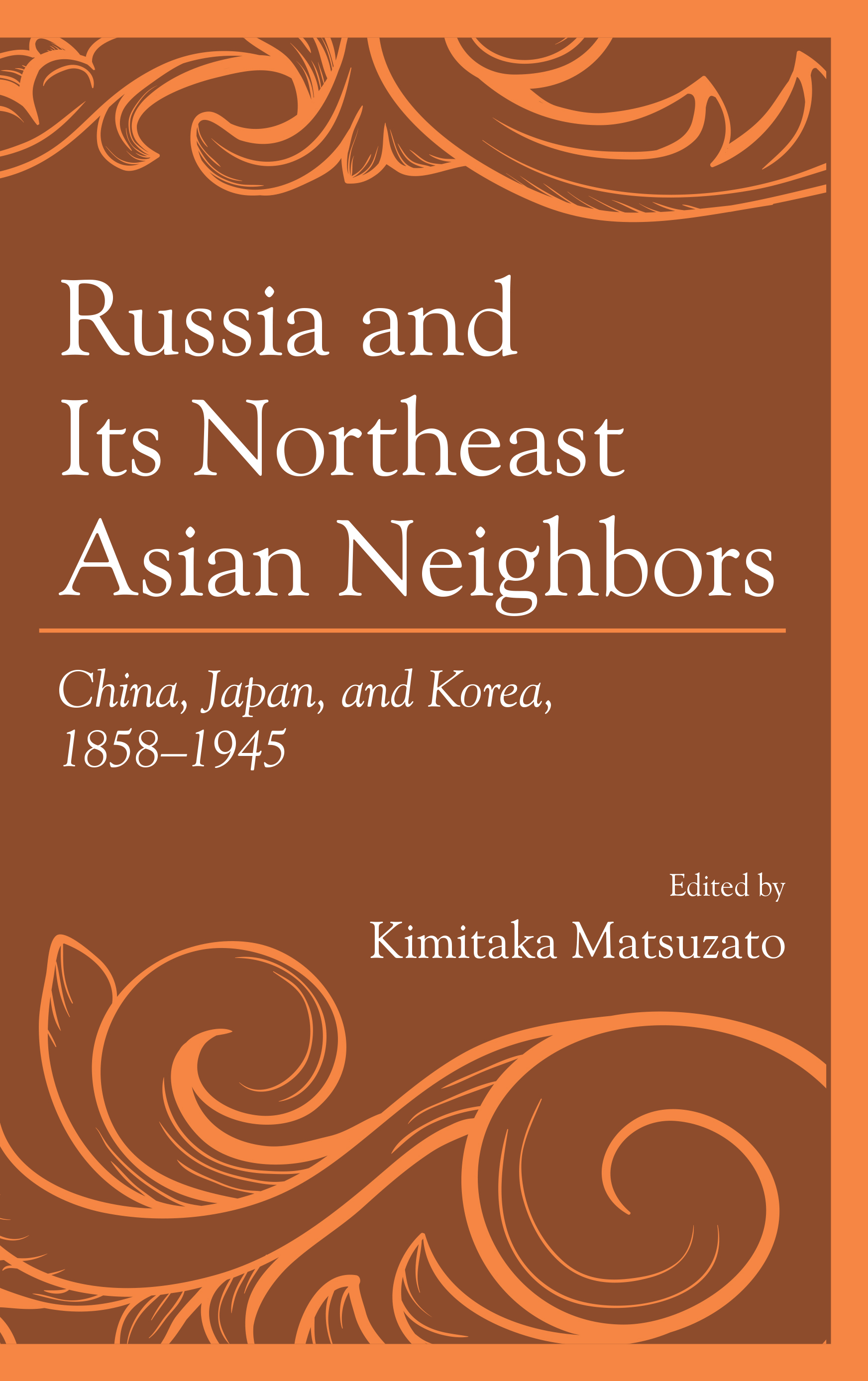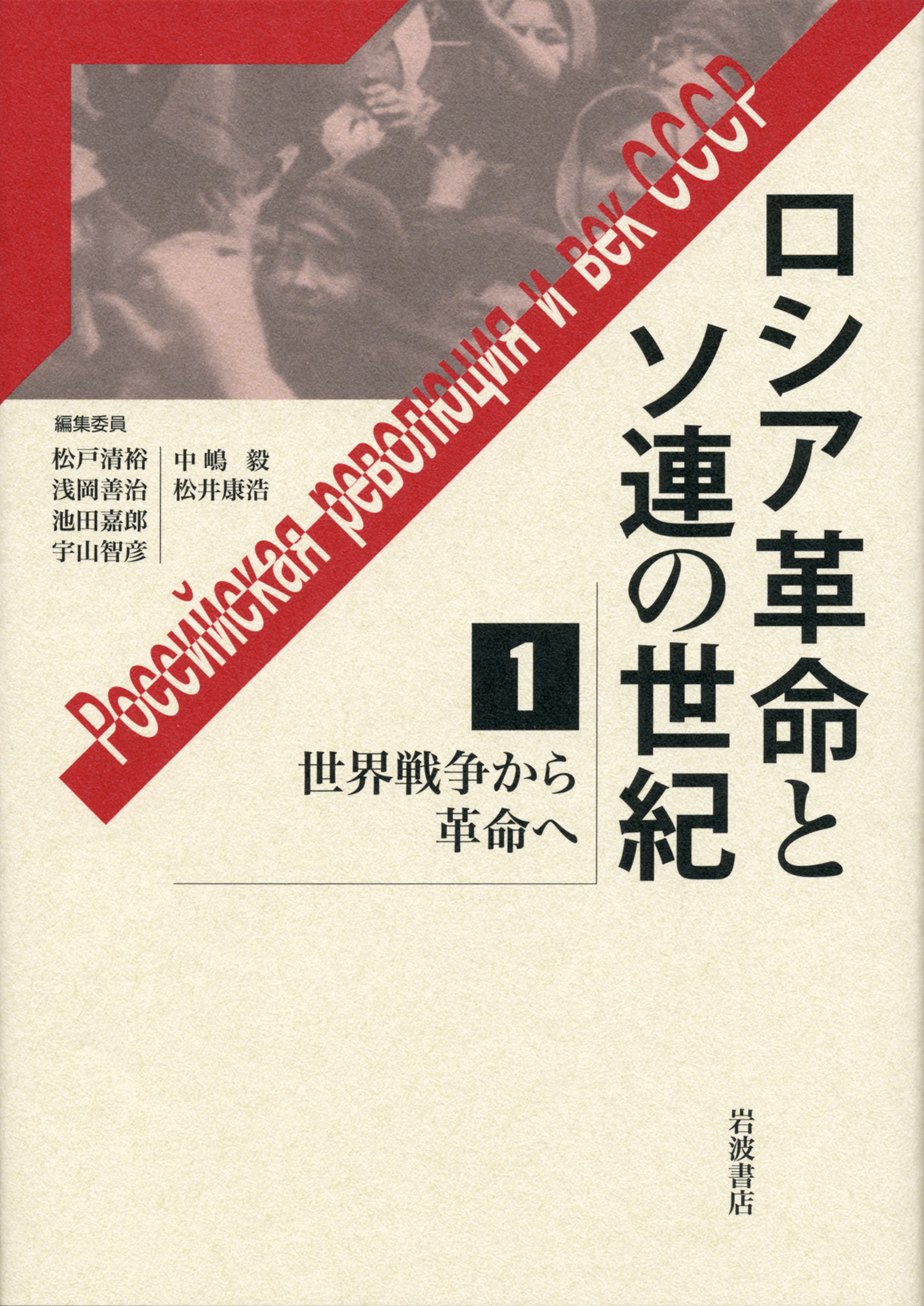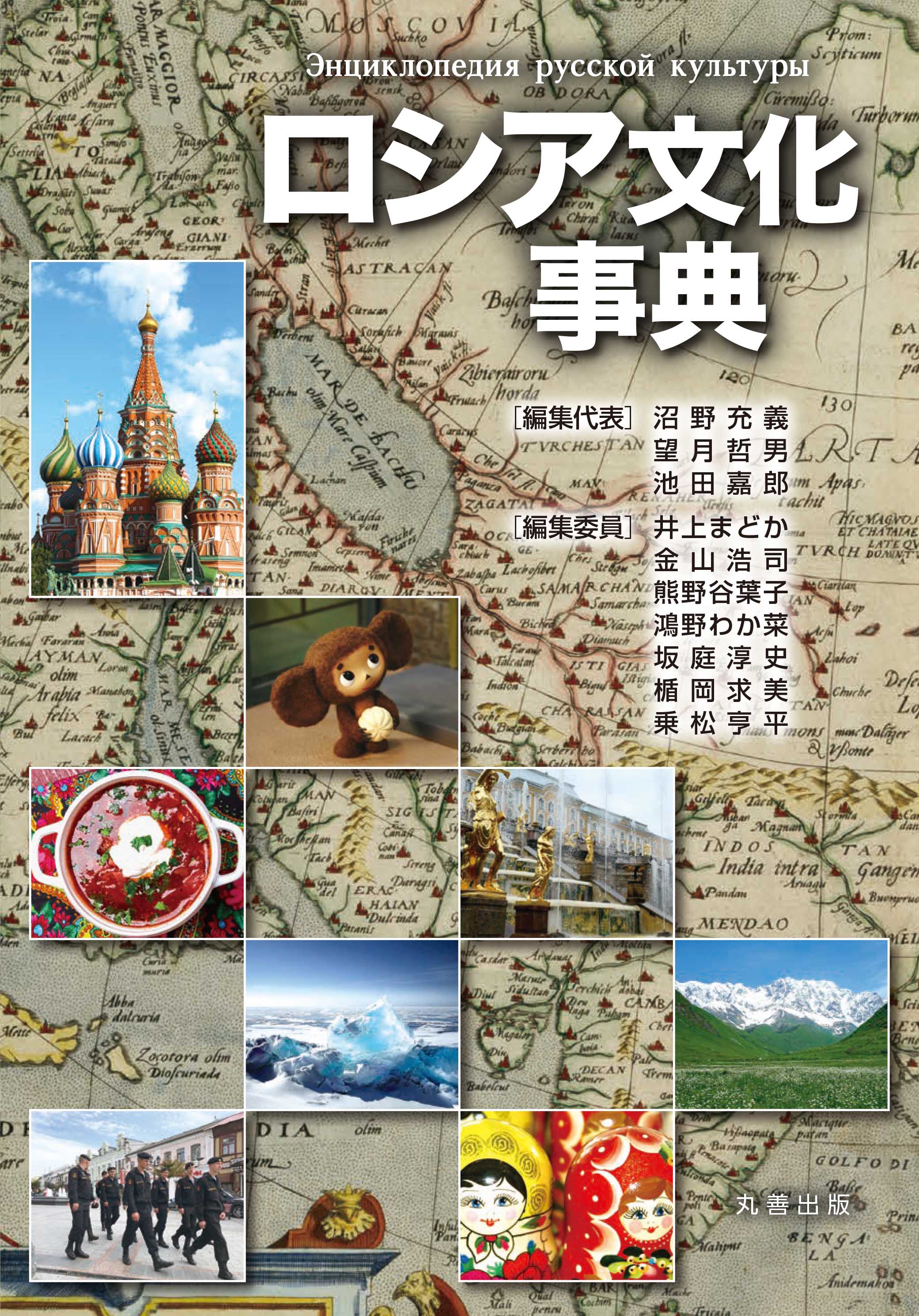
Title
Russia and Its Northeast Asian Neighbors China, Japan, and Korea 1858-1945
Size
200 pages, hardcover
Language
English
Released
2017
ISBN
978-1-4985-3704-9
Published by
Lexington Books
Book Info
See Book Availability at Library
Russia and Its Northeast Asian Neighbors: China, Japan, and Korea 1858-1945
Japanese Page
As a result of the Aigun Treaty of 1858, the Russian Empire was made a full-fledged participant in international relations in Northeast Asia, although historians have described Russia/the Soviet Union as an insignificant latecomer to the region. Few historians have noted that Russia’s eastern expansion caused the Qing Empire’s administrative reforms, which dismantled the Eight Banner System, the core of the latter’s political regime. Likewise, few have remarked that Russia’s expansion intensified the debate among politicians in early Meiji Japan around their policy vis-à-vis Korea.
Studies on Northeast Asian history have been divided by language barriers (few specialists in East Asian and Japanese histories read Russian, and vice versa) and the organizational structures of universities. In Japan, Northeast Asian history is divided among chairs of European, Oriental, and Japanese histories. Only recently, a new generation of scholars has emerged, who intend to overcome these barriers and study Northeast Asia as a single, organically intertwined macro-region. It is not a coincidence that this historiographical turn revealed the unexpectedly important roles played by Russia in the region.
This collection was compiled based on papers presented at the World Congress of the International Council for Central and East European Studies, held in Stockholm in 2010, and which rallied several historians: eight from Japan and one each from Britain, Russia, and Germany. The collection, published by Lexington Books in 2017, was reviewed shortly thereafter by Slavic Review, Russian Review, and other first-class journals and soon found its paperback version.
Aimed to present a genuine macro-regional history to replace the traditional medley of national histories, the collection investigates how Russia’s Far Eastern expansion affected early Meiji Japan’s foreign policy and determined administrative reforms in Manchuria in the late Qing Empire. Another focus was the roles played by transnational corporations and institutions, such as the Chinese Eastern Railway and the Chinese Maritime Customs Service in the region-building of the Far East. The collection elucidates mutual images and stereotypes embraced by the Japanese and Russians, based on memoirs written by Russian POWs on their experiences in Japan during and after the Russo-Japanese War, wartime propagandas conducted by both countries during the same war, and coverage of Japan’s imperial family by Russian newspapers and popular journals.
The Russian Revolution of 1917 gave birth to a transnational community of the White Russians in the Far East. This collection traces their life histories and describes how they served at the Chinese Eastern Railway or the Chinese Maritime Customs Service, and how they made Russian culture bloom in Harbin City. The rising Chinese nationalist movement placed Soviet diplomacy at a difficult crossroad: to improve relations with an imperialist Japan or to continue promoting the Chinese nationalist movement at the cost of amicable relations with the former. The collection highlights the works of the first Soviet ambassador to Japan, Viktor Kopp, who resolutely took the former position and proposed to divide interests between Japan and the Soviet Union, as done by the Russo-Japanese agreements before 1917.
(Written by MATSUZATO Kimitaka, Professor, Graduate Schools for Law and Politics / 2021)
Table of Contents
Kimitaka Matsuzato
1 Russia's Expansion to the Far East and Its Impact on Early Meiji Japan's Korea Policy
Shinichi Fumoto
2 The Russian Factor Facilitating the Administrative Reform in Qing Manchuria in the Late Nineteenth and Early Twentieth Centuries
Susumu Tsukase
3 Imperial Ambitions: Russians, Britons and the Politics of Nationality in the Chinese Customs Service, 1890—1937
Catherine Ladds
4 Development of Trade on the Amur and the Sungari and the Customs Problem in the Last Years of the Russian Empire
Yukimura Sakon
5 Making a Vancouver in the Far East: "The Trinity Transportation System" of the Chinese Eastern Railway, 1896—1917
Masafumi Asada
6 Japanese-Russian Kulturkampf in the Far East, 1904--1905: Organization, Methods, Ideas
Dmitrii B. Pavlov
7 Captured or Captivated? The War against Japan (1904--1905) in the Memories of Russian POWs
Andreas Renner
8 From the Meiji Emperor's Funeral to the Taisho Emperor's Coronation: Reporting the Japanese Imperial System in the Russian Press
Yoshiro Ikeda
9 Two Russias in Harbin: The Emigre and the Soviet Communities
Michiko Ikuta
10 V. L. Kopp and Soviet Policy towards Japan after the Basic Convention of 1925: Moscow and Tokyo's Failed "Honeymoon"?
Yaroslav Shulatov
Related Info
Reviewed by Susanne Hohler (Slavic Review, Volume 77, Issue 3 Oct. 25th, 2018)
https://www.cambridge.org/core/journals/slavic-review/article/russia-and-its-northeast-asian-neighbors-china-japan-and-korea-18581945-ed-kimitaka-matsuzato-lanham-lexington-books-2017-xxi-200-pp-notes-index-tables-maps-8500-hard-cover/D874A4CD5091E512410C09CD53051161/core-reader
Ivan Sabrin “Russia and Its Northeast Asian Neighbors: China, Japan, and Korea, 1858–1945 ed. by Kimitaka Matsuzato” (Ab Imperio, no. 1, 2018, pp. 345–350)
https://muse.jhu.edu/article/695577



 Find a book
Find a book


 eBook
eBook
